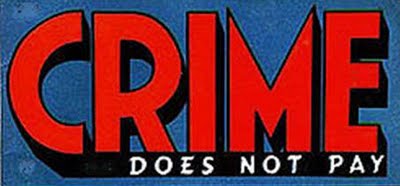 |
| https://the19thletter.files.wordpress.com/2011/11/crimedoesnotpay.jpg?w=400&h=186 |
January 11
5 minute worksheet - Opposites (in, il, dis, un)
p. 17 #8 Complete the sentences . . .
Pronunciation
p. 17 #9, #20
Speaking
p. 17 #11 Work in pairs. Imagine the situations in exercise 8 . . .
Homework -
January 12
2C Murder mystery
Listening
p. 18 #1 Look at the newspaper report and answer the questions.
p. 18 #2 Listen to the conversation
p. 18 #3 Answer the questions
Homework: worksheet (present simple/present continuous)
January 14
Speaking
p. 19 #4 Who murdered Ivor?
p. 19 #5 Listen to the end of the story
Writing
p. 19 #6 Confession:
so and
because
http://www.headsupenglish.com/index.php/beginner-english-students/beginner-skill-builders/beginner-grammar/325-conjunctions-because-and-so
#7 Join sentence halves
#8 Complete the confession
#9 Detectives discovered that you stole a million-dollar diamond necklace. Write your confession.
Homework: Finish #9 (confession)
Irregular Verb Past Tense Word Search
%20contrast.png/487468350/simplepastandcontinuous(sppc)%20contrast.png)

